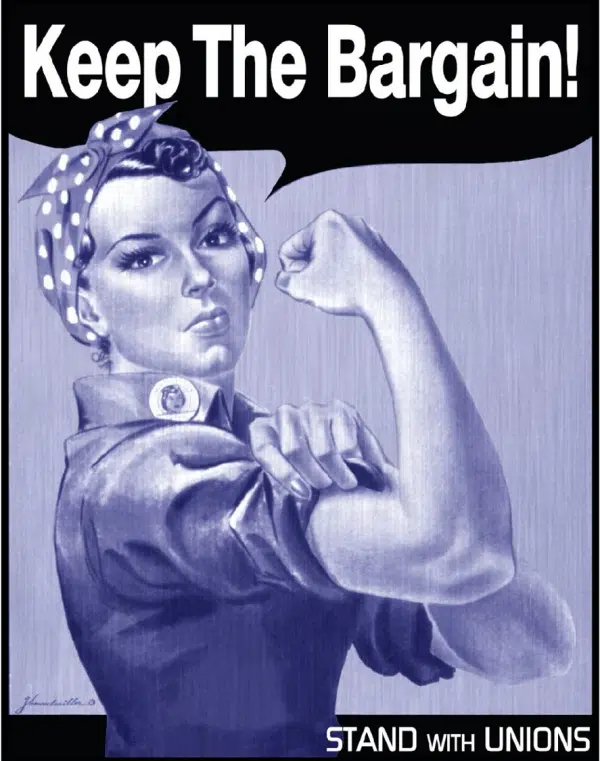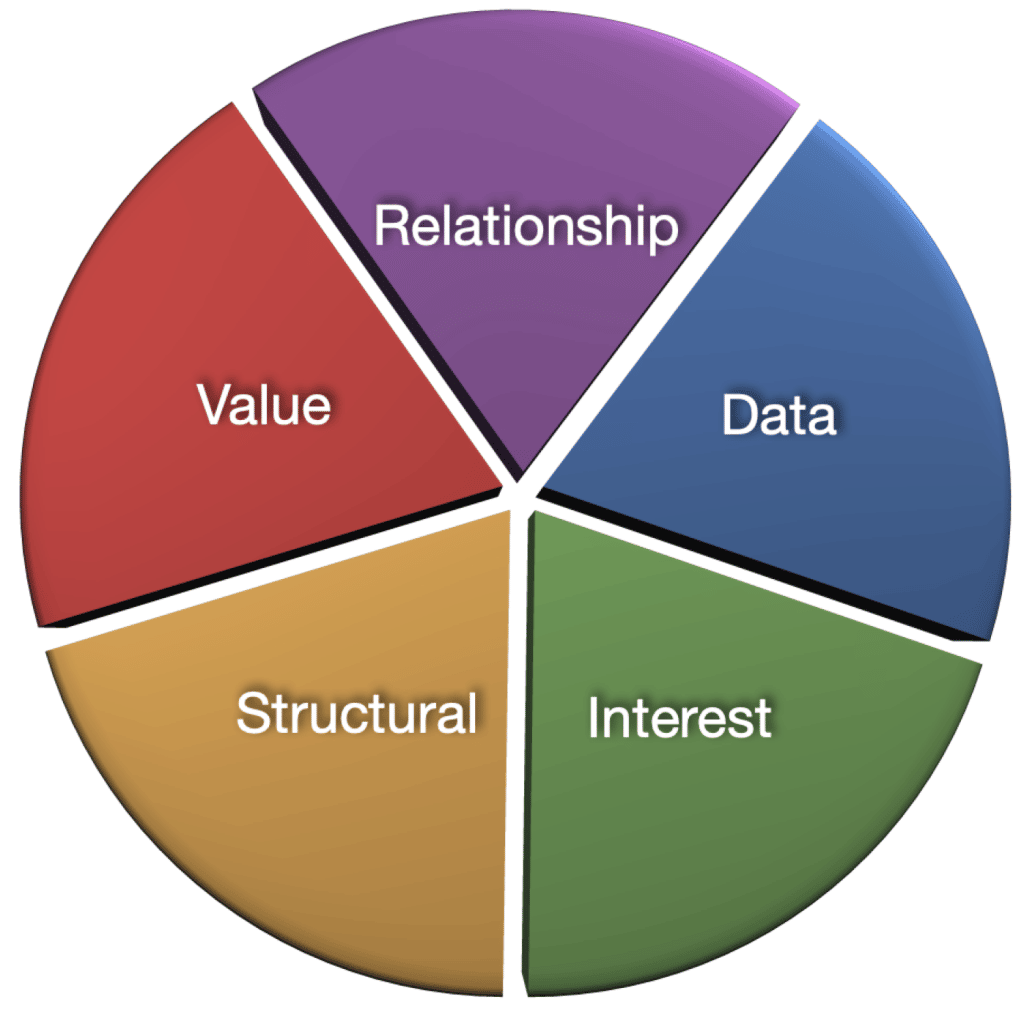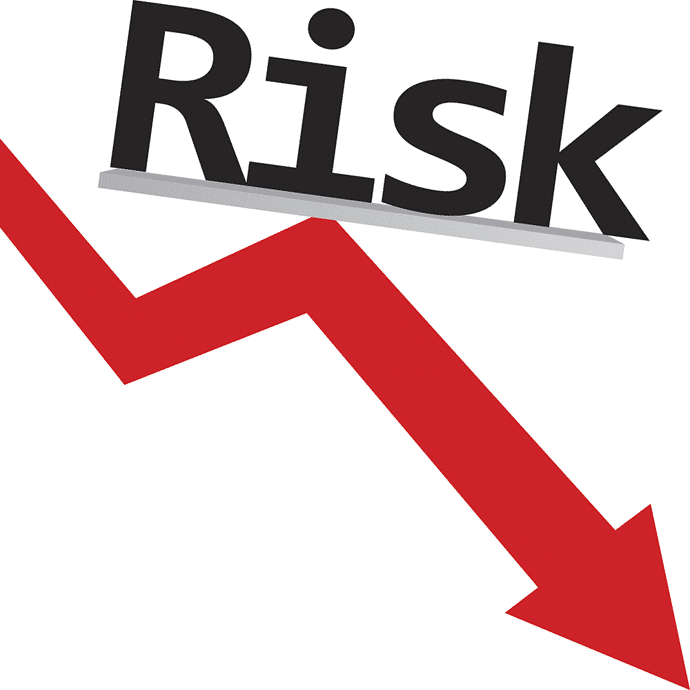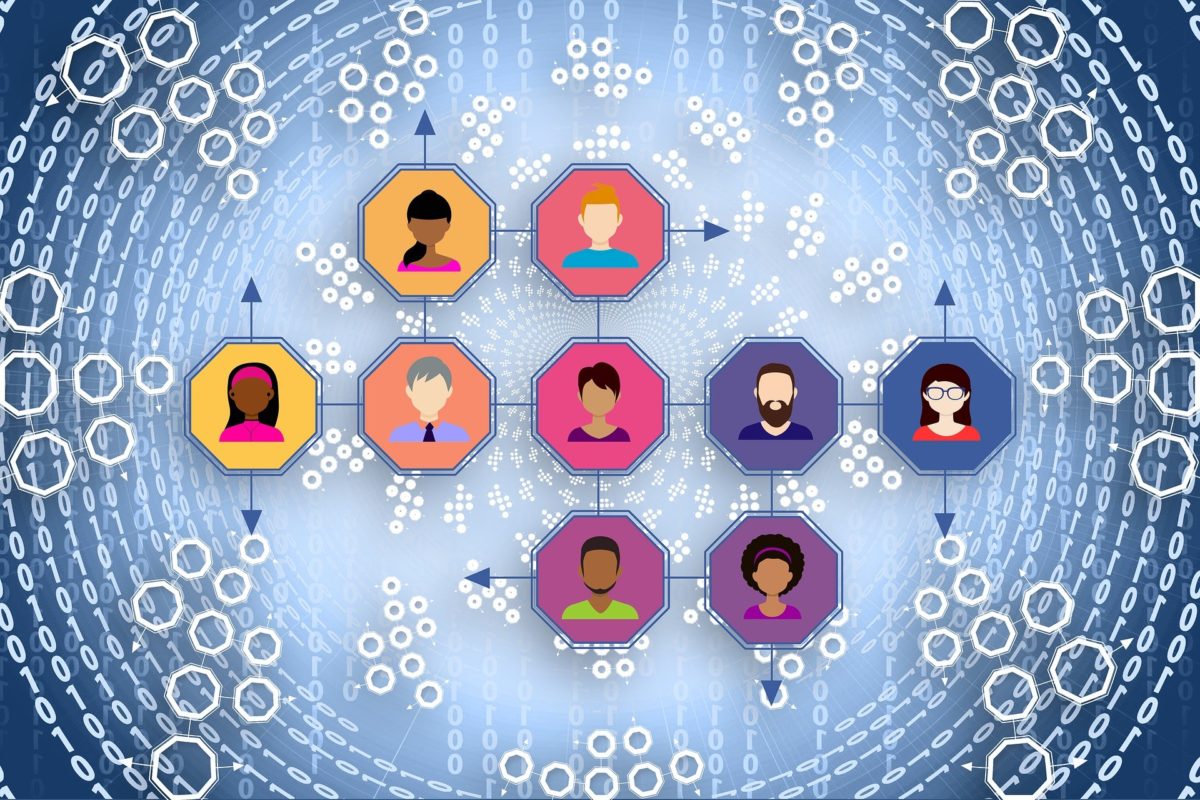Author:
Negotiating with trade unions. How to prepare yourself to the process?
Cooperation between the Employer and Trade Unions is a continuous process, based on appropriate relationship management, agreeing on the principles of cooperation and communication. It cannot be reduced to ad hoc events or just negotiation. When there is a strike, usually someone, somewhere, at one time or another has made a mistake.
An important area of Eveneum activity is negotiation consulting. One of the interesting projects that we have recently implemented were negotiations with trade unions.
The situation in our client's company (group of production plants) has changed compared to previous years. Good relations with the Trade Unions became quite strained. This was due to the increase in the number of unions and the rivalry between them. This led to an escalation of expectations towards the employer, each of the unions wanted to show employees how much he cares about them. An additional challenge was to enter the plants of the Polish National Association, known for its brave attitude. On the client side, plant directors and HR directors participated in the project.
After the initial analysis of the situation, we proposed to the client:
- establishing the formal, organizational and negotiating side
- developing a negotiation plan, strategy and escalation list
- developing the rules of conducting negotiations and communication with trade unions
- preparation for negotiations taking into account: human element, data, process
- developing a model of conducting meetings / negotiations with more than one trade union
- analysis of negotiation techniques adapted to the behavior of trade union representatives, the situation and the relationship

Our task in the project
Due to the delicate nature of the negotiations between the Employer and Trade Unions, we agreed with the client that our role will be limited to preparations. At Eveneum, we believe that in this case, it is best to involve only the parties directly involved, as long as possible. The involvement of an outside counselor on one of the parties may lead to a loss of trust. Of course, in the event of a deadlock being reached, the involvement of a mediator approved by the Trade Unions and the Employer is a frequently used solution. In the case of our client, the situation did not require it.
Method and concept
We proposed that the preparations should be based on the method of the conflict wheel developed by Christopher Moore, which describes five types of conflicts: Values, Relationships, Data, Structural and Interests.
It is crucial to realize which type of conflict we are dealing with at the moment and only on this basis to take action to eliminate it, e.g. through negotiations. Going through the various types of conflicts, illustrating them with our examples, we applied them to the client's situation. Thanks to this, we combined them with the client's situation and proposed adequate solutions.
Thanks to the very huge experience of Mrs. Halina Wysokińska, an Eveneum expert in the field of trade union relations management, project participants could immediately consult their challenges.
10 questions before negotiating with trade unions

- How many unions are there in the company and what is the union density level?
- What trade unions are there in the company (inter-company, industry, nationwide)?
- Do the unions co-operate among themselves and which ones?
- Are union chairmen full-time employees or is it a social function?
- Are the employers personally known to the employer and what is their psychological profile?
- Are there rules of cooperation with trade unions, rules of meetings, protocol prepared?
- Are there regular meetings with employees and trade unions?
- Who is responsible for preparing for negotiations with unions and what functions are involved?
- Has there ever been a collective dispute in the company and how was it reached?
- Is there regular cooperation with trade unions and does the employer care for the business education of trade unions?
Of course, the above list is only the beginning to get a preliminary understanding of the situation. In the course of working with the client, many scenarios appeared, which we analyzed together and recommended solutions. These included, among others, the implementation of a press report regularly prepared by the HR department for factory directors and a clear definition of the escalation list.
Why is the escalation list so important? One example is described in the article; “Kopacz did not get along with the miners”. Who could Prime Minister Ewa Kopacz appeal to, whom to escalate to after unsuccessful negotiations with mining Trade Unions in January 2015? There was no escalation list ...

Szymon Tochowicz
Head of procurement, aerospace engineer
Head of procurement, aerospace engineer with 20 years in strategic sourcing. Managed teams of strategic buyers and category managers at the regional and global levels. Responsible for the project “Why Purchasing?” promoting procurement as a function. In Eveneum he is involved in consulting projects and customized trainings. He is specialized in automotive, aerospace, defense and energy industries. Trainer at the European Institute of Purchasing Management and lecturer at the Jagiellonian University.









